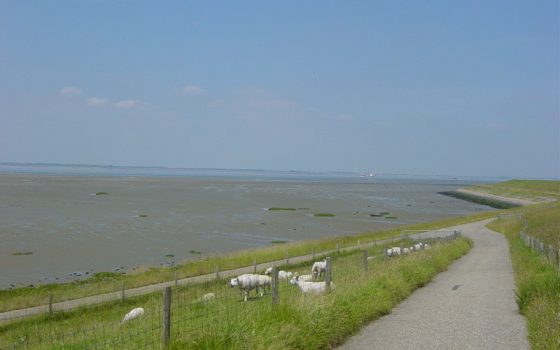Health body says avoid eating fish, shrimp caught in the Westerschelde

 Public health institute RIVM has warned people who go fishing as a hobby to sharply reduce their consumption of fish, shrimp, oysters and mussels caught in the Westerschelde estuary because of chemical pollution.
Public health institute RIVM has warned people who go fishing as a hobby to sharply reduce their consumption of fish, shrimp, oysters and mussels caught in the Westerschelde estuary because of chemical pollution.
Fish and shellfish caught in the estuary can contain eight to 10 times the amount of PFAS found in similar products sold in the shops, the RIVM said in its new recommendations, updating an earlier report.
PFAS (per- and polyfluoroalkyl chemicals) are widely used, long lasting chemicals which have been linked to health risks in humans and animals.
The institute analysed the PFAS content of a variety of fish to draw up its guidelines, which say people should eat Westerschelde flounder no more than twice a year, and shrimps four to six times.
‘However, people are also exposed to PFAS via other food products and drinking water, which exceeds the basic guidance,’ the RIVM said. ‘It is therefore important to reduce the consumption of products that contain high concentrations of PFAS, such as fish, shellfish and crustaceans from the estuary.’
The Zeeland health board issued a similar warning earlier this year.
Last year it emerged that chemicals company 3M in Belgium was flushing thousands of kilos of PFAS into the river, leading to research into the concentration of the chemicals in fish.
There is virtually no commercial fishing in the estuary, so the warnings are targeted at anglers who fish or collect mussels as a hobby, broadcaster NOS said.
Thank you for donating to DutchNews.nl.
We could not provide the Dutch News service, and keep it free of charge, without the generous support of our readers. Your donations allow us to report on issues you tell us matter, and provide you with a summary of the most important Dutch news each day.
Make a donation